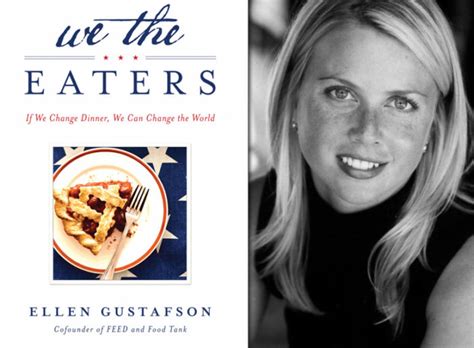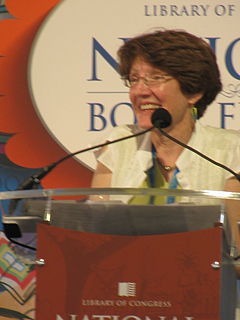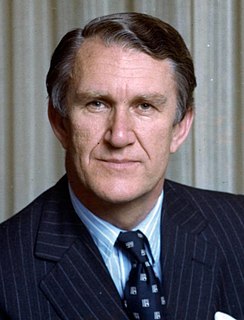A Quote by Dean Ornish
If we can reach populations in developing countries and help them understand the value of their indigenous diet and lifestyles rather than copying ours, perhaps we can reverse the exponential rise in cardiovascular disease that is plaguing them.
Related Quotes
Through developing trusting and respectful relationships with the boys in our lives, we can help boys to value and acknowledge their relational capabilities, which they may otherwise learn to discount or overlook. We can also offer and model for them definitions of maturity, masculinity, health and success that will enable them to remain grounded in their self-knowledge (e.g. as they encounter societal pressures to conform to group and cultural norms), and to form relationships that will sustain rather than constrain them.
But I'd rather help than watch. I'd rather have a heart than a mind. I'd rather expose too much than too little. I'd rather say hello to strangers than be afraid of them. I would rather know all this about myself than have more money than I need. I'd rather have something to love than a way to impress you.
When you go to China and the developing world, people understand more clearly the dangers that are coming at them because they're living closer to the margin. They don't have any of the false sense of invulnerability that Americans have. People from developing countries also feel that it's their right, if you're talking in terms of justice, to use fossil fuels like we did for a hundred years to get rich. It's hard for them to give up that vision.
It seems to be the modern Canadian approach to Indigenous people: rather than deny their problems or accuse them of creating them through their own laziness, which was how my parents' generation dealt with the question, we now smother them with humid apologies and abnegation, but not actual compensation.
Bolivia is in the lead internationally in talking about the threat of environmental catastrophe. It's generally true where there are indigenous populations, there are important things happening; where the indigenous populations have been marginalized or exterminated, things go to a disaster. This is true worldwide, and Bolivia is striking because it's a majority population and in the lead.





































